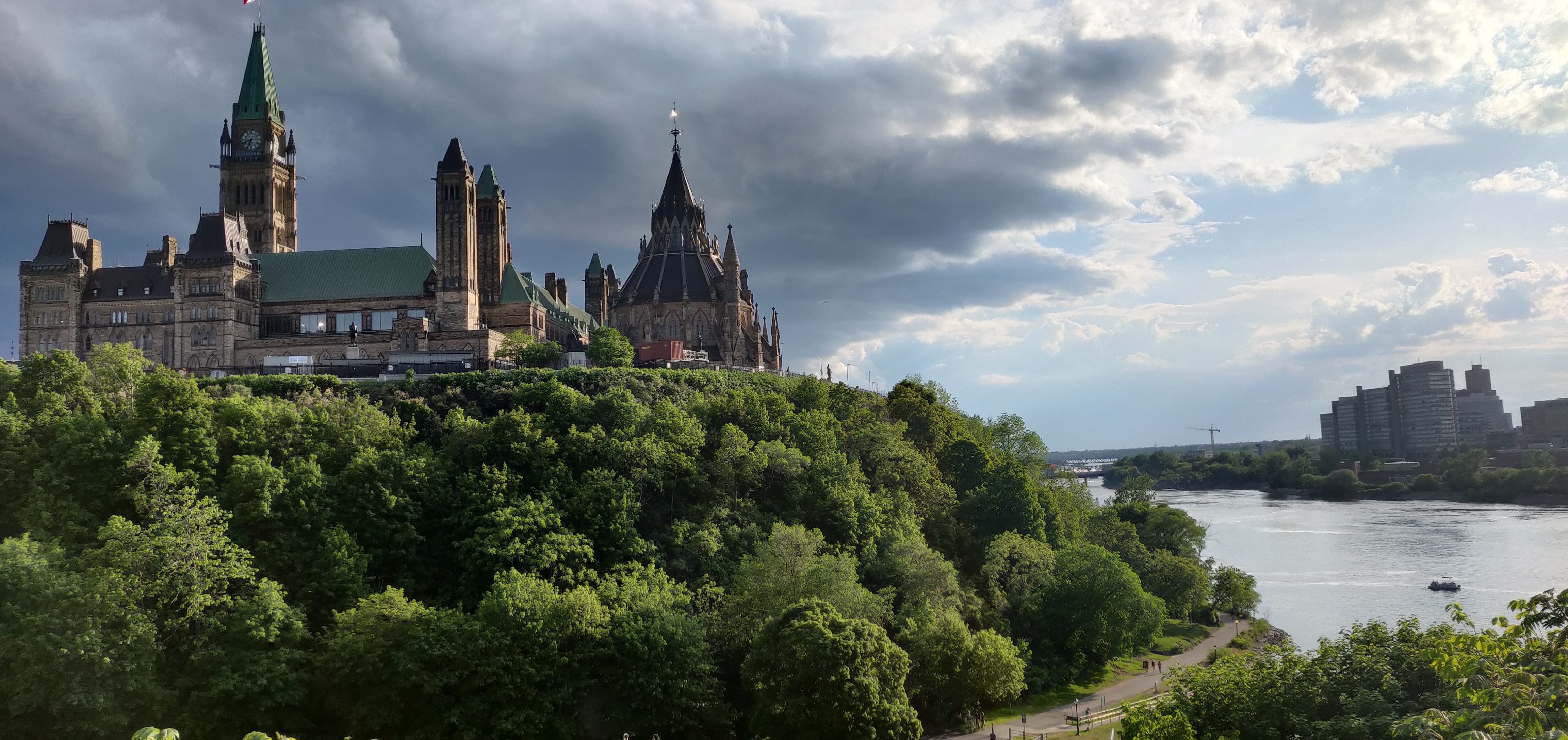Food Secure Canada has conducted an initial review of Prime Minister Trudeau’s new mandate letters for Ministers, using a food systems lens. Published on 16 December 2021, the mandate letters lay out the overarching approach and priorities of the Government and the specific goals for each Minister.
School Food on New Federal Government Agenda
Building on commitments in Budget 2019 and the Food Policy for Canada launched in June 2019, Food Secure Canada is delighted that, for the first time, school food is included in the mandate letters, for both Minister Bibeau (Agriculture and Agri-Food) and Minister Gould (Families, Children And Social Development) who are instructed to:
“Work with [each other] and with provinces, territories, municipalities, Indigenous partners and stakeholders to develop a National School Food Policy and to work toward a national school nutritious meal program.”
Food Secure Canada and the Coalition for Healthy School Food (hosted at Food Secure Canada) have long campaigned for federal investment in a healthy, universal school food program. You can read the Coalition’s immediate reaction to the mandate letters here and support their #NourishKidsNow grassroots campaign. Advancing a school food program was a key focus of Food Secure Canada’s Eat Think Vote 2021 non-partisan campaign to make food an election issue.
Our Approach
Our preliminary observations below begin with the mandate letter of Minister Bibeau who is responsible for the whole-of-government Food Policy for Canada, and is advised by the Canadian Food Policy Advisory Council. Then we looked at the Health and Families, Children and Social Development portfolios, especially as they pertain to school food. Since the primary cause of food insecurity is poverty, we highlight income, benefits, progress towards livable wages, and social protection nets mentioned across different portfolios.
Recognising and addressing food insecurity is, disappointingly, not addressed in any of the mandate letters. In our scan, we looked for initiatives that aim to create and promote decent work and justice for workers, regardless of status, along the food chain. Acknowledging the systemic racism, continuing impacts of colonisation and sexism embedded in our food systems, we highlight steps towards Indigenous self-determination and Food Sovereignty and initiatives intended to address anti-Black racism, racism and intersectional discriminations. Climate change, land use, biodiversity and environmental sustainability measures are highlighted, especially as they relate to agriculture, food production and processing and building resilient, local food systems.
We have already highlighted some crucial gaps, and we look forward to deepening this analysis as part of our ongoing federal advocacy efforts, and as these words get turned into actions. We want to learn from the rest of the food movement and other movements. Please share any relevant analyses with Susan Alexander, FSC’s Policy advisor at insidescoop@foodsecurecanada.org.
Other Analyses
- APTN: Prime minister tells cabinet ministers to concentrate on COVID-19, UNDRIP, clean water and justice
- Children First Canada: Child advocates welcome federal commitments to make Canada the best place to grow up!
- Future of Good: Canada’s Cabinet Ministers Will Prioritize Climate Change, Reconciliation, and Systemic Inequities. Here are the details (by subscription)
- National Observer: Trudeau signals all-hands-on-deck strategy for climate crisis
- York University, Food Policy for Canada : New mandate letters
FSC’s Scan of December 2021 Mandate Letters with a Food Systems Lens
Below, you will find a list of different ministers, including links to a scan of their respective mandate letter. Each scan will include sub-headers noting the priorities related to food systems. In some instances, what we note in the scans are direct quotes from the letter. Others have been paraphrased for brevity with co-responsibility/repetition between Ministers omitted. We include what we believe to be significant gaps in the letters for the Minister of Agriculture, Minister of Health, Minister of Families, Children And Social Development, Minister of Indigenous Services, and the Minister of Crown-Indigenous relations
Since so many policies impact directly or indirectly our food system, we encourage you to check the full texts of the mandate letters that interest you.
The common opening of all the letters sets expectations for Ministers to, inter alia:
- Recognise the existential threat of climate change and take fast action across all portfolios;
- Move faster on the path to reconciliation, invest in truth, implement the United Nations Declaration on the Rights of Indigenous Peoples (UNDRIP) and work in partnership to advance Indigenous rights;
- Address profound systemic inequities and disparities in the core fabric of our society and institutions, and develop public policy with an intersectional lens while ensuring equity, diversity and inclusion in Ministry staffing;
- Adopt a whole of parliament approach, working together across all parties to get big things done;
- Come up with a plan for implementing everything in their mandate letters and regularly report publicly on their progress.
Mandate Letter Scans, by minister
Minister of Agriculture (Marie-Claude Bibeau)
Minister of Health (Jean-Yves Duclos)
Minister Of Families, Children And Social Development (Karina Gould)
Minister of Fisheries, Oceans and the Canadian Coast Guard (Joyce Murray)
Minister of Environment and Climate Change (Steven Guilbeault)
Minister of Indigenous Services (Patty Hajdu)
Minister of Crown-Indigenous Relations (Mark Miller)
Deputy Prime Minister and Minister of Finance (Chrystia Freeland)
Minister of Employment, Workforce Development and Disability Inclusion (Carla Qualtrough)
Minister of Innovation, Science and Industry (François-Philippe Champagne)
Minister of Housing and Diversity and Inclusion (Ahmed Hussen)
Minister of Labour (Seamus O’Regan)
Minister of Natural Resources (Jonathan Wilkinson)
Minister of Transport (Omar Alghabra)
Minister of Rural Economic Development (Gudie Hutchings)
Minister for Women and Gender Equality and Youth (Marci Ien)
Minister of Seniors (Kamal Khera)


